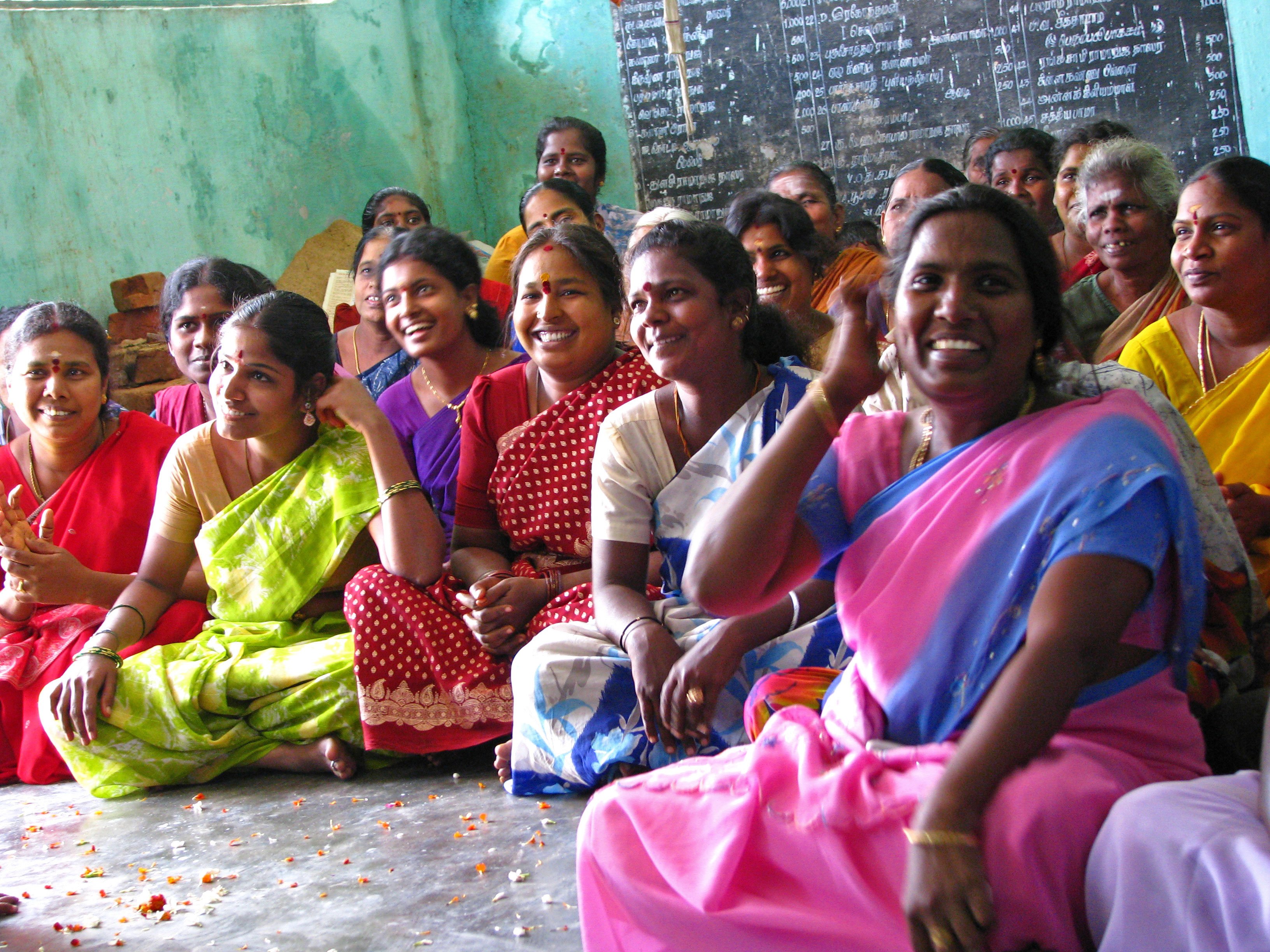Trust in public institutions is key to a thriving civil society, but in many countries, trust is lacking, and opportunities to engage in government decision-making are absent. To address this, ICNL works with partners around the world to develop and reform laws and policies so that they provide greater civil society participation at the national, regional, and local levels.
We support efforts to implement new initiatives in an inclusive manner so that everyone can participate effectively. We cooperate with local partners to ensure that international standards are known and understood. Working together, civil society and governments around the world have made progress in expanding opportunities for meaningful public participation, but more remains to be done.


